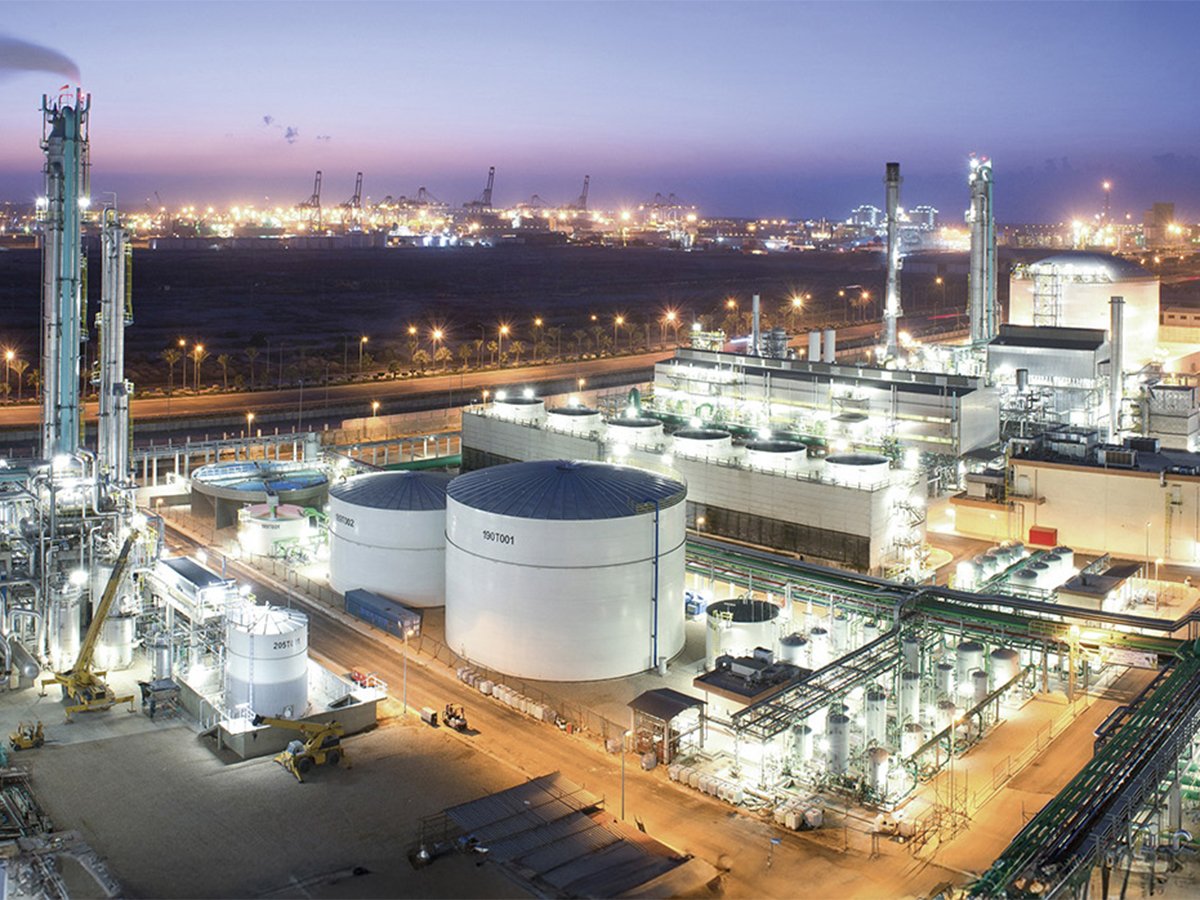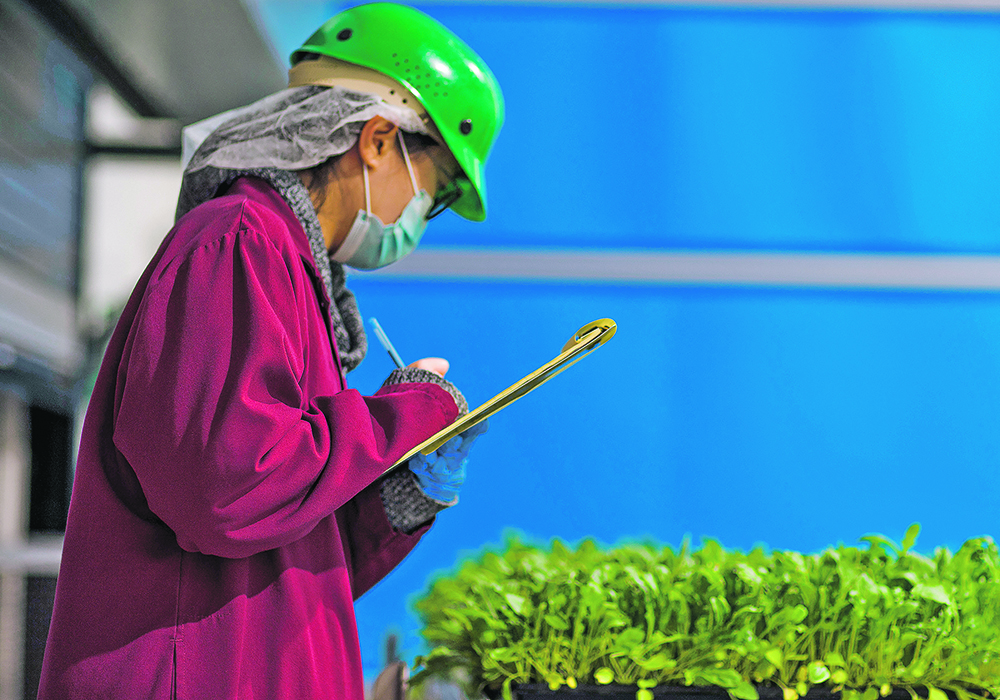A $65 million investment from McCain Foods will help GoodLeaf Farms build two new facilities for producing greens
GoodLeaf Farms has announced plans to build two indoor vertical farms in Canada to grow greens for Canadian consumers.
Expansion beyond its first commercial farm in Guelph, Ont., is possible through a $65 million investment by McCain Foods.
GoodLeaf chief executive officer Barry Murchie, a former McCain executive, said the firm has a short list of sites but exact locations have not been selected.
“I can tell you one facility will be east of Ontario and one will be in either (British Columbia) or Alberta. We have site selections down to a short list in both areas,” Murchie said in a Feb. 26 interview.
Read Also

Genesis Fertilizers seeks government funding
Genesis Fertilizers is actively seeking funding from government and a strategic partner. The company dispelled a rumour that DL E&C has abandoned the project.
Each new facility will initially grow about 10 items ranging from baby greens including arugula, kale, spinach and various micro-greens including spicy mustard, radish and an Asian blend.
They are grown in a proprietary system that uses hydroponic trays stacked on multiple levels and equipped with specialized LED lights to emulate the sun.
About 90 percent of the leafy greens consumed in Canada are imported, mostly from Arizona and California, said Murchie. Growing them here, in controlled indoor conditions, will shorten the supply chain and allow the greens to be grown without pesticides.
“With this technology, it allows us to grow leafy greens in the market that they will be sold and allows us to seed and to harvest every day of the year. It allows us to do it in a predictable manner and it allows us to create crops that are pesticide free, herbicide free, fungicide free and use less than five percent of the water (compared to field growth).
“You can grow it in a controlled environment… you’re operating at an entirely different level of control.”
Murchie said McCain Foods became interested several years ago in TruLeaf Foods, a vertical farming operation in Nova Scotia. McCain has since taken over management of that firm, which sells in Atlantic Canada under the GoodLeaf brand.
GoodLeaf opened its first 45,000 sq. foot commercial vertical farm at Guelph in 2019.
“It’s really an innovative company and it’s really at the intersection between agriculture and technology. It’s a great example of a new industry that is coming up through ag tech. And McCain’s roots are certainly in agriculture and certainly in farming.”
Product freshness and local access combined with greater attention to food security and the rising demand for sustainable food give vertical farming a compelling profile, said Murchie.
“If the technology allows, I think we’ll see vertical farming in general begin to expand the type of crops that they grow… there’s a number of crops that I’m sure this technology will expand to in the not too distance future.”
















